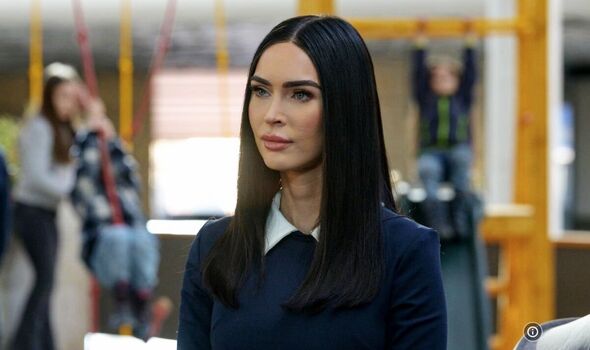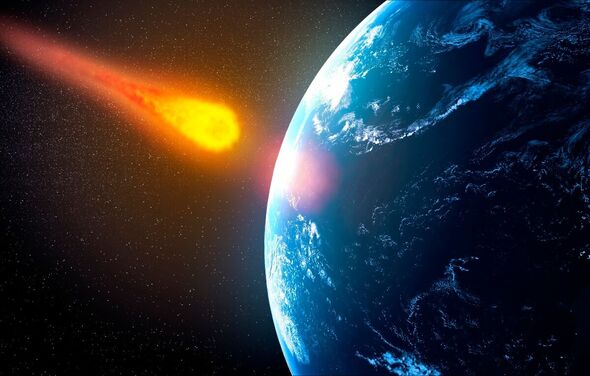
Four ‘holy grail’ objectives for future public health
October 2, 2014
Italy’s Economic Woes Highlight Dilemma for European Central Bank
October 2, 2014The three first prizes of EUR 7000 each were awarded to João Pedro Estácio Gaspar Gonçalves de Araújo from Portugal for ‘A natural characterization of semilattices of rectangular bands and groups of exponent two’, Mariana De Pinho Garcia and Matilde Gonçalves Moreira da Silva from Portugal for ‘Smart Snails’ and Luboš Vozdecký from the Czech Republic for ‘Rolling Friction’.
Second and third prizes went to teams from Ireland, Bulgaria, Slovenia, Lithuania, the United Kingdom and Germany. Second and third-placed teams received EUR 5 000 and EUR 3 500 respectively.
The winners were announced following an intense week of 77 project presentations from 110 researchers coming from 36 countries. The competition was inevitably stiff as all entries had already won first prize in their country’s respective national science contests. Project topics covered a broad spectrum of scientific areas – from biology, physics and chemistry to environment, mathematics, materials, engineering and medicine.
Apart from the first, second and third prizes, the jury, chaired by Dr Henrik Aronsson and comprising 18 international scientists, selected a number of projects for Honorary Awards. The selected young scientists will attend the 2014 Nobel Prize ceremonies and meet the Nobel Laureates or take part in the London International Youth Science Forum 2015. A selection of 30 special donated prizes from organisations like the Joint Research Centre and CERN and companies like INTEL and Samsung were also presented to selected projects.
Launched in 1989, over the past 26 years, EUCYS has developed a reputation for identifying the science stars of the future. Past winners have gone on to prestigious careers in research, for instance at the European Space Agency and CERN. Professor Martin Hairer, a winner at the 1991 EUCYS, was this year honoured with a Fields Medal, the world’s foremost maths prize, for his work on random systems. Meanwhile, Lina Tomasella from Italy who won first prize in 1989 now works as a researcher at the National Institute for Astrophysics in Padua and has been a EUCYS jury member of EUCYS since 2012.
Just last week, the winners of the 2013 competition, Ciara Judge, Emer Hickey and Sophie Healy, won the grand prize at the Google Science Fair in California.
EUCYS, which has had 2 561 participants since 1989, seeks to support efforts made in participating countries to attract young people to studying science, technology, engineering and maths, and to choosing careers in science and research. The number of young scientists has gone from 59 at the first edition in 1989 to 110 this year. The record was 137 contestants in 2009 in Paris.
With regard to gender balance, this year, 37 % of the participants were female. Female participation in EUCYS usually stands at between 30 % and 35 %, with a peak of 41 % in 2005. Over the 26 years, 183 young women and 614 young men have won prizes.
For more information, please visit:
http://eucys2014.pl/



